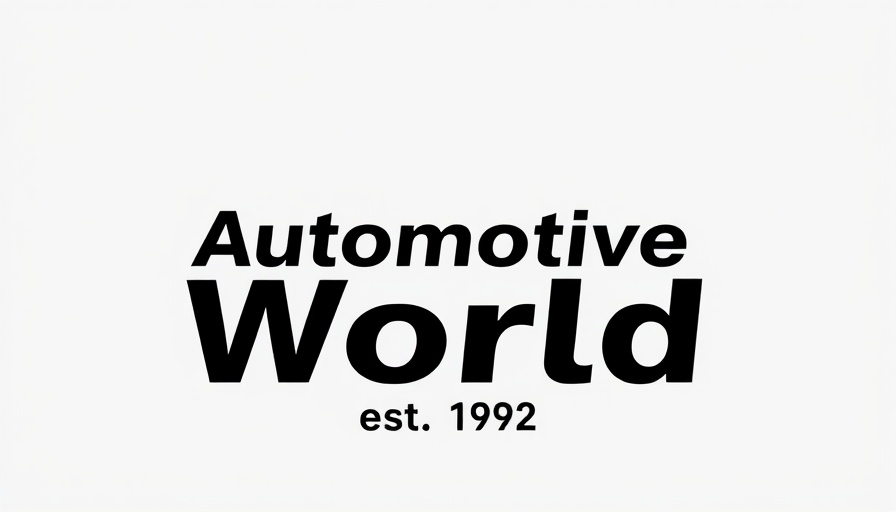
Stellantis Embraces EU Strategy to Propel Automotive Innovation and Electrification
Stellantis, the prominent global automotive manufacturer, has expressed strong support for the European Commission's recent announcements regarding the future of the European automotive industry. Following the second meeting of the Strategic Dialogue, Stellantis leaders, including CEO Carlos Tavares, have applauded the collaborative effort spearheaded by Commission President Ursula von der Leyen.
Strengthening the EV Market: A Collaborative Endeavor
The focus of the dialogues was the relentless pursuit of innovation, particularly in the sectors of software and autonomous driving. Stellantis sees these technological advancements as pivotal in their strategic framework, underscored by their recent collaboration with Mistral AI. This partnership aims to enhance their products and capabilities, ensuring they remain ahead in the competitive landscape of electric vehicles (EVs).
Flexible Carbon Targets: A Step Toward Competitiveness
In a notable shift, the proposal to extend the compliance period for CO2 targets, as highlighted by the European Automobile Manufacturers Association (ACEA), is deemed a crucial step to enhance sector competitiveness. Stellantis emphasizes the need for swift legislative action to solidify these proposals. This approach, coupled with financial incentives for customers and investments in charging infrastructure, is anticipated to expedite the transition toward electrification.
Building European Dominance: The Battery Production Initiative
The Commission's commitment to bolster direct support for EU battery producers is another milestone acknowledged by Stellantis. The endeavor to cultivate 'European champions' in critical industries, such as electric battery manufacturing, semi-conductors, and data-driven technologies, is seen as fundamental. The establishment of robust manufacturing capabilities within Europe could diminish reliance on external suppliers and enhance the region's competitiveness on a global scale.
Stellantis and the Electrification Transition: Recent Developments
Building on this recent momentum, Stellantis inaugurated the first Automotive Cells Company (ACC) gigafactory in France earlier this year. This facility is set to significantly increase the company’s battery manufacturing capabilities, aligning with their goal of producing 75 battery electric vehicles (BEVs) by 2030. Such initiatives demonstrate Stellantis' commitment to sustainable mobility, with aspirations for net zero emissions by 2038.
Future Prospects Amidst Global Competition
As the European automotive landscape evolves, Stellantis prepares to face fierce competition, particularly from Chinese manufacturers. Carlos Tavares has made it clear that the company is ready to “fight” for its position in the market, indicating that innovation and resilience will be key to overcoming the impending challenges. Serbia’s burgeoning status as a supplier of electric vehicle production further enhances Stellantis' positioning, especially in the realm of sustainable resource management.
Summary: A New Era for European Automotive
With significant commitments to innovation, production capabilities, and regulatory flexibility, the recent announcements by the European Commission represent a foundational shift in the automotive industry. Stellantis is at the helm of this transformation, dedicated to leading the charge in electrification and market competitiveness. As discussions continue, the emphasis remains on delivering diverse vehicle options while advancing a greener, more sustainable automotive future.
Join Us in Shaping the Future of Mobility! Stay updated with the latest trends and transformations in the automotive industry, and discover more about how these changes can impact your dealership operations by following Stellantis' developments!
 Add Row
Add Row  Add
Add 




 Add Row
Add Row  Add
Add 

Write A Comment